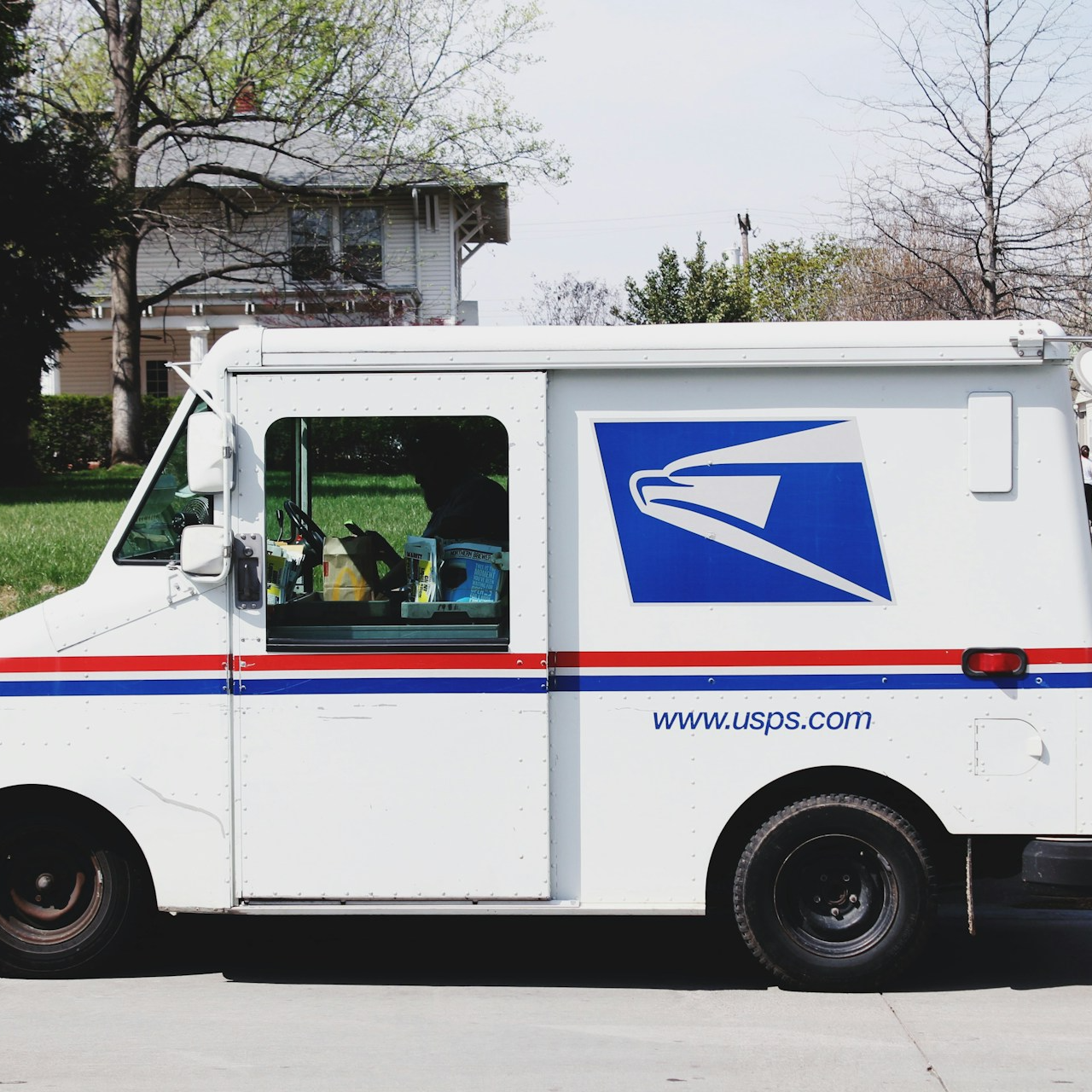Key Takeaways
- The Postal Service Health Benefits (PSHB) program marks a pivotal shift in health coverage for USPS employees and retirees, replacing the Federal Employees Health Benefits (FEHB) program.
- Understanding how the PSHB integrates with Medicare and its plan options can help you make informed decisions during Open Season and beyond.
A New Era for USPS Health Coverage
The Postal Service Health Benefits (PSHB) program is a significant change for USPS employees, annuitants, and their families. It replaces the long-standing Federal Employees Health Benefits (FEHB) program starting January 1, 2025. Whether you’re still working or enjoying retirement, this shift requires your attention to ensure your health coverage aligns with your needs.
- Also Read: Divorce and Your Federal Pension—What Happens When You Split Assets and How It Could Affect Your TSP
- Also Read: What Happens to Your Federal Benefits After Divorce? Here’s the Lowdown
- Also Read: The Best FEHB Plans for 2025: Which One Fits Your Lifestyle and Budget the Best?
Who’s Affected by the Change?
The PSHB program impacts current USPS employees, retirees, and their eligible family members. If you’re enrolled in FEHB, you’ll automatically be transitioned to a corresponding PSHB plan. But automatic enrollment doesn’t mean you can sit back and relax—you’ll still want to review your options during Open Season to make sure your new plan is the right fit.
Key Dates to Keep in Mind
- Transition Date: January 1, 2025 – PSHB officially replaces FEHB for USPS employees and retirees.
- Open Season: November 11 to December 9, 2024 – This is your window to review and make changes to your plan.
Why the Change to PSHB?
This shift to PSHB is part of a broader effort to streamline health benefits for USPS employees while aligning them more closely with Medicare. For USPS retirees and annuitants, integrating PSHB with Medicare aims to provide comprehensive coverage and potentially lower out-of-pocket costs.
What Happens If You’re Eligible for Medicare?
If you’re a retiree or an eligible family member who qualifies for Medicare, you’ll need to enroll in Medicare Part B to maintain your PSHB coverage. However, if you retired before January 1, 2025, and you’re not already enrolled in Part B, you’re generally exempt from this requirement.
Why Is Medicare Part B Enrollment Important?
Enrolling in Medicare Part B ensures that you maximize your benefits under the PSHB program. The combination of PSHB and Medicare can reduce your costs for hospital stays, outpatient care, and prescription drugs. However, you’ll need to weigh the additional premiums for Part B against the benefits.
PSHB Plan Options: What to Expect
While the PSHB program offers a variety of plans, it’s up to you to determine which one suits your needs best. During Open Season, you’ll have the opportunity to:
- Compare plan premiums, deductibles, and coverage levels.
- Evaluate provider networks to ensure your preferred doctors and facilities are included.
- Consider how your plan integrates with Medicare, if applicable.
Pro Tip: Pay Attention to Plan Details
When reviewing your options, take a close look at the deductibles, co-pays, and prescription drug coverage. These factors can significantly impact your overall healthcare costs.
How Does the Transition Work?
For most USPS employees and retirees, the transition will be automatic. If you’re currently enrolled in FEHB, you’ll receive information about your corresponding PSHB plan well before the Open Season. But here’s the catch—you shouldn’t assume that the automatically assigned plan is your best choice.
Steps You Should Take:
- Review Your Assigned Plan: Once you receive your plan information, check the coverage details.
- Explore Alternatives: Use the Open Season period to shop around for plans that better match your healthcare needs.
- Make an Informed Choice: If you find a better option, submit your changes during Open Season.
Retirees: What’s Different for You?
If you’re retired, the integration of PSHB with Medicare may affect you differently than active employees. Your costs, benefits, and even your choice of plans might shift depending on whether you’re enrolled in Medicare Parts A and B.
What If You’re Not Yet Eligible for Medicare?
For retirees who are under 65 or otherwise not eligible for Medicare, the PSHB program will function similarly to the FEHB program. You’ll still need to carefully evaluate your plan options during Open Season.
How PSHB and FEHB Differ
While the PSHB program is built on the same foundation as FEHB, there are some key distinctions:
- Exclusive to USPS: PSHB is specifically designed for Postal Service employees and annuitants, unlike FEHB, which covers all federal employees.
- Medicare Integration: The requirement for Medicare Part B enrollment (for those eligible) is a major change under PSHB.
- Plan Offerings: PSHB plans may have different premiums, networks, and coverage compared to FEHB plans.
Preparing for Open Season
Open Season is your golden opportunity to take control of your health coverage under the PSHB program. Whether you’re an employee, retiree, or eligible family member, this period is your chance to:
- Switch plans if your current one doesn’t meet your needs.
- Add or remove dependents to reflect any changes in your family situation.
- Ensure your coverage aligns with your healthcare priorities for 2025.
Tips for a Smooth Open Season
- Start Early: Don’t wait until the last minute to review your options.
- Use Online Tools: Many resources will be available to help you compare plans side by side.
- Ask Questions: Reach out to your HR department or plan representatives if you’re unsure about your choices.
What Happens If You Don’t Take Action?
If you fail to review your options or make changes during Open Season, you’ll be automatically enrolled in the corresponding PSHB plan. While this ensures you won’t lose coverage, it may not be the most cost-effective or suitable choice for your needs.
Looking Ahead
The introduction of the PSHB program is a big shift, but with a little preparation, you can navigate it with confidence. By understanding the program’s nuances, reviewing your options, and acting during Open Season, you’ll set yourself up for a seamless transition to this new era of health benefits.
Making the Most of Your Health Coverage
The PSHB program is more than just a new name for your health benefits—it’s an opportunity to reassess your healthcare needs and ensure your coverage works for you. Take the time to understand your options, and don’t hesitate to make changes if they’ll better serve your situation.











